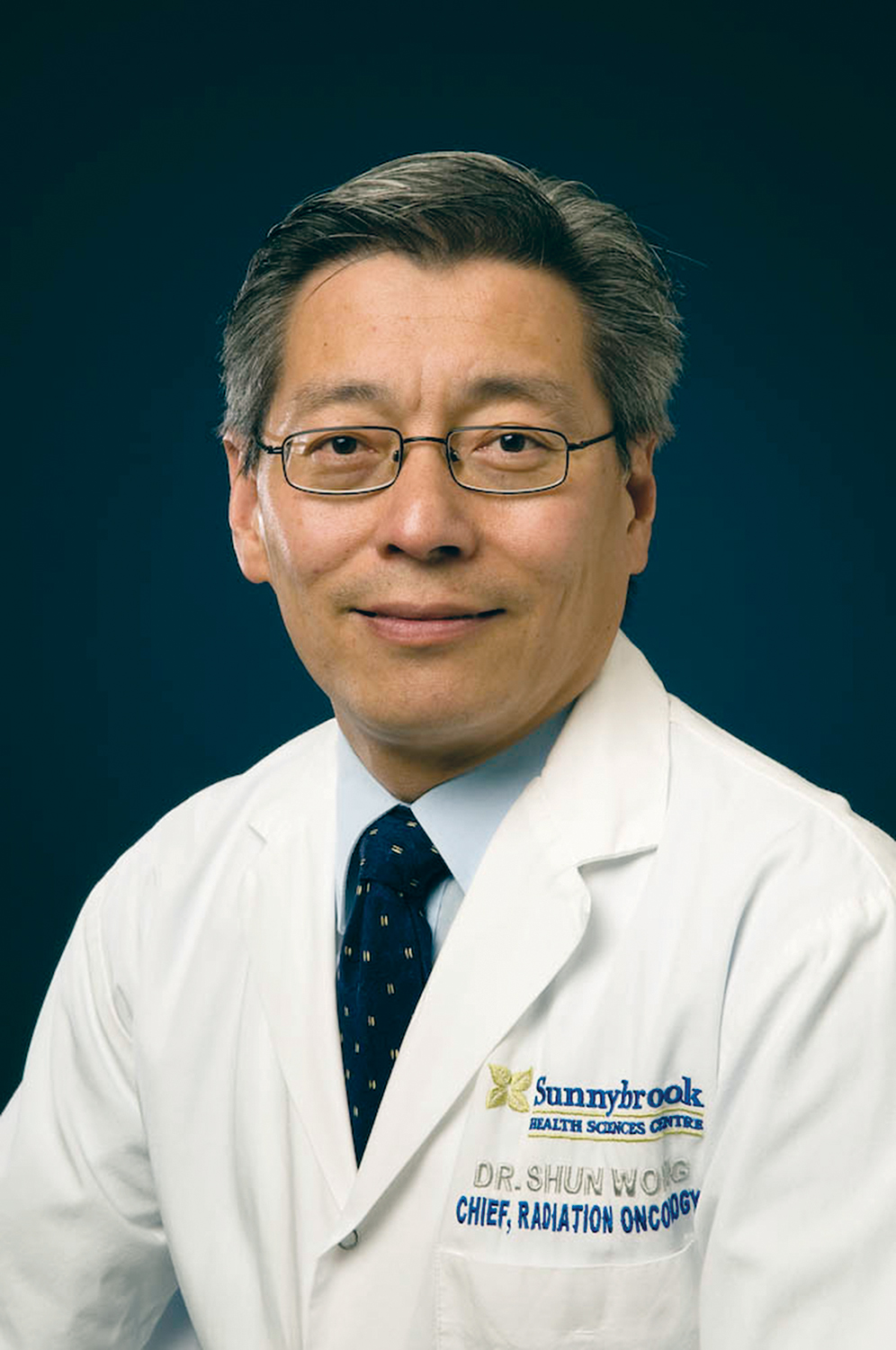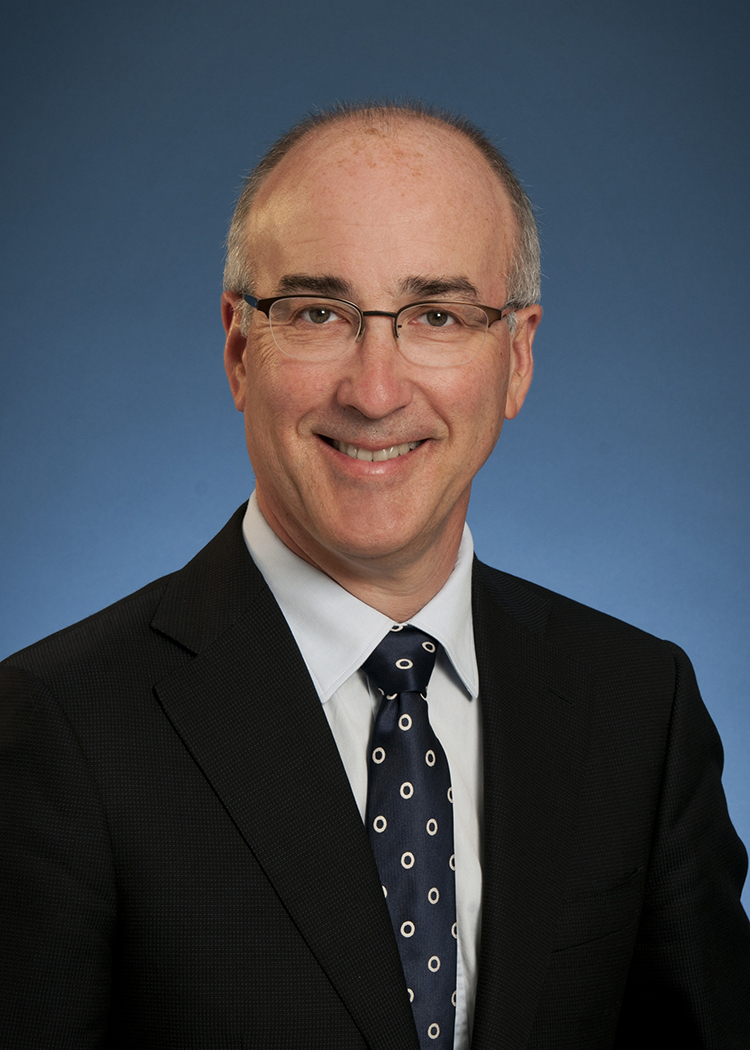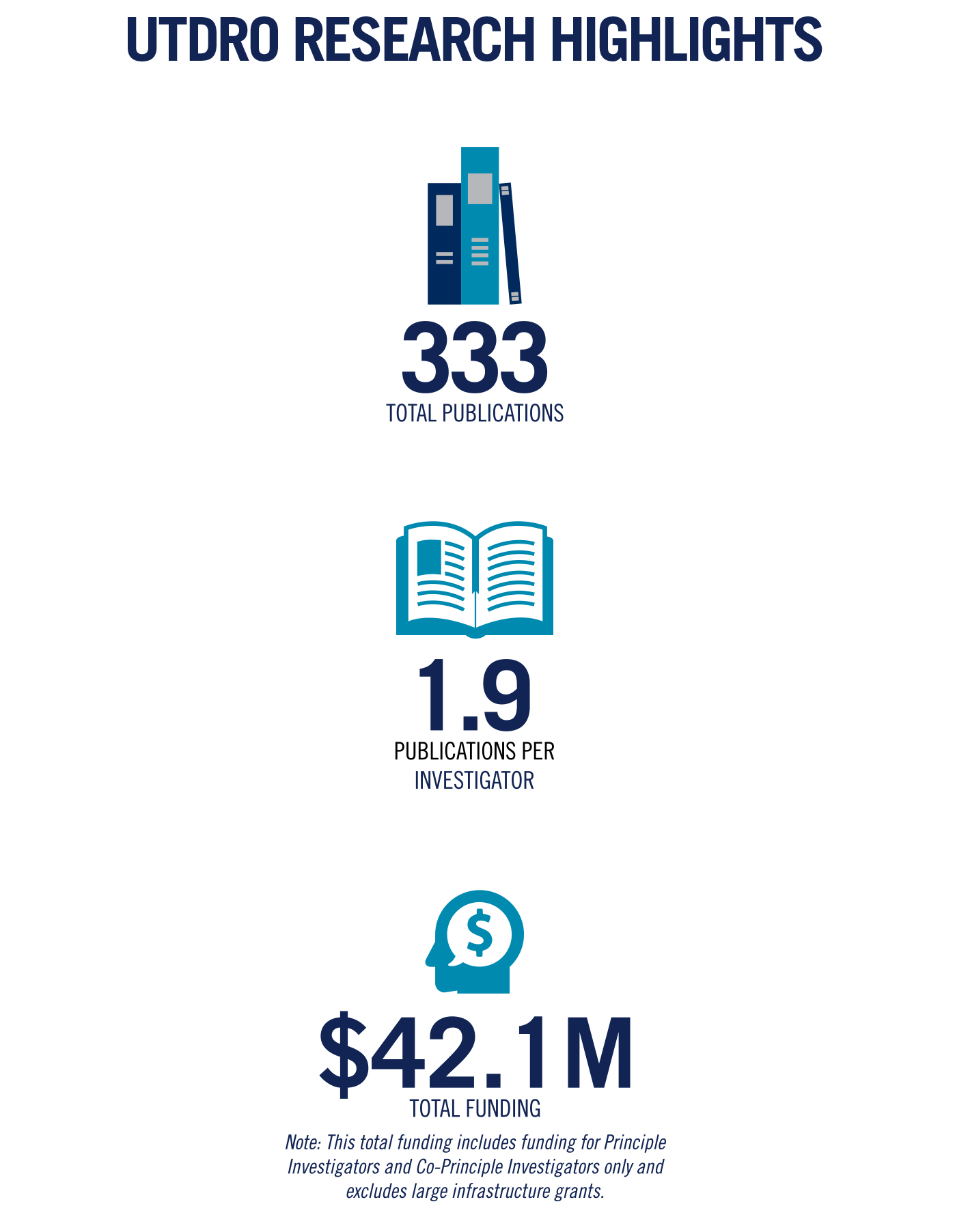Breadcrumbs
- Home
- Vice Chair Reports
Vice Chair Reports
Education
Dr. Rebecca Wong, Vice Chair, Academic Affairs

The Transformative Agenda: Roadmap to 2017 envisaged six strategies and seven targets to map the path towards our vision of being “the educator of choice internationally for radiation medicine professionals and researchers.” The signposts and metrics were designed to improve our collective mastery in teaching, and to create innovative curriculum and tools, that together will enable us to respond to the learning needs of radiation medicine practitioners, today and tomorrow; within our walls and beyond.
To enable mastery in teaching, the roles of Director in CEPD and Faculty Development were created. Drs. Barbara-Ann Millar and Ewa Szumacher were appointed as our inaugural co-directors in 2016. Faculty development workshops on “Teaching Excellence” covering Feedback, Making Learning Stick, and Learning Climate were piloted at the Princess Margaret. The workshop titled “How to Provide Feedback” saw strong engagement from trainees and faculty across geographic sites. The appointment of Professor Emeritus Dr. Ida Ackerman to the role of Resident Wellness Ambassador represents our first step in declaring a priority towards a supportive learning and practice culture. Within the CEPD portfolio, RTi3 continues to build its unique profile as an international event for radiation therapy research and innovation, while our Radiobiology Course is uniquely designed as a Canadian resource on state of the art radiobiology training. Together with the newly redesigned Target Insight Conference (Personalized Radiation Medicine – From Theory to Practice), our CEPD portfolio continues to mature.
Innovative curriculum and tools are expected to be the cornerstone for expanding the reach of our education offerings. Through the generous collaboration from the designers of the staff scheduling software ESummit, this tool has been successfully adapted to support trainee scheduling at the Princess Margaret. Paired with teaching effectiveness scores across all of our clinical and classroom teachings, the provision of quality and quantitative metrics is expected to enable personal as well as departmental aspirations towards enhancing mastery in teaching.
Through the Accelerated Education Program, a learning management system is now operational to house distant education offerings and an open access library of academic rounds. We expect these resources to not only enrich the learning experience, but also enable distant learning where geography is a barrier including the learning needs of learners from low and middle income countries. Global education initiatives with a primary radiation medicine focus such as Jordan, Ghana, Zimbabwe, Kenya and Ethiopia are ongoing.
Our professional training programs continue to be leaders in our field. In the words of our external reviewers, our Medical Radiation Sciences Program and our Radiation Oncology Residency program are the “Jewels in the Crown” of our Department. Our Fellowship program was “well known and internationally recognized”. Competency by Design for our residency program is on track to be launched under the leadership of Dr. Andrea Bezjak. An application for certificate of special competency in Brachytherapy led by Dr. Gerard Morton is expected to enhance the offerings available to our fellows. Leadership curriculum development within the MHScMRS program is expected to appeal to all trainees across our department.
The targets set in Roadmap to 2017 are being met, including a 17% increase in overall CEPD registrants. Open access library of academic rounds and a functional learning management system is now in place. Active preparation of our residency program into competency by design, and enriched offerings including specialization for our fellowship program are also on track. Our professional training programs continue to attract some of the strongest candidates, and our high quality of training positions them well to become future leaders in radiation medicine.).
Image Credit: UHN PhotoGraphics
Clinical Affairs
Dr. Shun Wong, Vice Chair, Clinical Affairs

The 2016-17 year marked the 25th anniversary of UTDRO. We successfully completed our 5-year External Review, and Dr. Fei-Fei Liu was re-appointed for her second term as Chair. Our regional, national and international leadership role in advancing radiation treatment and cancer care was clearly acknowledged in the External Review.
New appointments in 2016-2017 included Aisling Barry, Tatiana Conrad, Ali Hosni, Luluel Khan, Benjamin Lok, Amandeep Taggar, Darby Erler, Nathan Becker, Tiffany Tam, Grace Lee, Joelle Helou, Matt Wronski, Jette Borg, Brige Chugh and Eric (Chia-Lin) Tseng. After almost two decades of outstanding contributions to the field of prostate cancer genomics and tumor hypoxia, Dr. Rob Bristow has been recruited away to assume a prominent leadership role as the Director of the University of Manchester Cancer Research Centre. Dr. Ida Ackerman has retired in the summer of 2017 after many years of outstanding service at the Odette Cancer Center. Dr. Ackerman will continue to serve as a mentor in post-graduate teaching and education. Dr. Brian O’Sullivan retired from full-time clinical practice, but will continue to serve as a consultant in sarcoma, and head and neck cancer research and practice. Dr. Jackie Spayne will also be retiring to pursue opportunities in global health.
Accolades continues for Professor Mary Gospodarowicz, our previous Chair who became the first Radiation Oncologist to have ever been appointed as University Professor, the highest academic rank at the University of Toronto. She was the 2017 recipient of the “Wendy Lack Women of Action Scientific Award” from the Israel Cancer Research Fund, and the ASCO Conquer Cancer Foundation 2017 Women Who Conquer Cancer Mentorship Award. Professor Brian O’Sullivan received the 2017 Canadian Cancer Society O. Harold Warwick Prize in recognition of his immense contributions to cancer control. Dr. Marianne Koritzinsky received the 2016 Michael Fry Award from the Radiation Research Society, and Dr. Giuliani received the CMA Award for Young Leaders (Early Career). Dr. Barbara-Ann Millar started her term as Chair of the Radiation Oncology Specialty Committee of the Royal College of Physicians and Surgeons. UTDRO also witnessed two faculty members who assumed senior leadership positions at UHN. Professor David Jaffray was appointed UHN EVP Technology & Innovation, and Professor Bradly Wouters as UHN EVP Science & Research. Many other members were honored for their outstanding work and contributions as detailed in UTDRO News.
Last but not the least, we offer congratulations to Dr. Arjun Saghal for his academic promotion to the rank of Professor, and Dr. Catherine Coolens for her promotion to Associate Professor; both were effective July 1, 2017.
Image Credit: UHN PhotoGraphics
Research
Dr. Michael Milosevic, Vice Chair, Research

Investigators continue to innovate in key research areas including bio-physical tumor targeting to enhance the effectiveness of radiotherapy; innovation in the treatment of patients with recurrent or metastatic disease; the development of new strategies for managing treatment side effects; and learning from all of patients through ‘big data’ initiatives. An important precision medicine focus across UTDRO programs is the use of MR imaging to target tumors more precisely, and adapt radiotherapy to changing anatomical and biological conditions throughout the treatment course. This promises to improve cancer control while reducing side effects; in essence, changing the future paradigm of radiation treatment delivery.
The 2016-17 year proved to be another productive year for UTDRO investigators, with numerous high-impact publications, and continued growth in the number and breadth of collaborative programs locally, nationally and internationally.
The total peer–reviewed grant support available to UTDRO investigators in 2016-17 was $42.1M. There were a total of 333 peer-reviewed research publications. Examples of influential publications illustrating the richness of UTDRO research are:
- Robert Bristow et al. Germline BRCA2 mutations drive prostate cancers with distinct evolutionary trajectories. Nature Communications 2017.
- Charles Catton et al. Randomized trial of a hypofractionated radiation regimen for the treatment of localized prostate cancer. Journal of Clinical Oncology 2017.
- Edward Chow et al. Effect of radiotherapy on painful bone metastases: A secondary analysis of the NCIC Clinical Trials Group symptom control trial SC.23. JAMA Oncology 2017.
- Gregory Czarnota et al. A priori prediction of neoadjuvant chemotherapy response and survival in breast cancer patients using quantitative ultrasound. Scientific Reports 2017.
- David Hodgson et al. Impact of early breast cancer screening on mortality among young survivors of childhood Hodgkin’s lymphoma. Journal of the National Cancer Institute 2016.
- Normand Laperriere et al. Short-Course radiation plus temozolomide in elderly patients with glioblastoma. New England Journal of Medicine 2017.
- Andrew Loblaw et al. Brachytherapy for patients with prostate cancer: American Society of Clinical Oncology/Cancer Care Ontario joint guideline update. Journal of Clinical Oncology 2017.
In addition, UTDRO faculty James Brierley and Mary Gospodarowicz spearheaded the development of the TNM Classification of Malignant Tumours (8th Edition). This is likely to be among the most frequently cited cancer publications over the next few years, and will play an important role in harmonizing clinical and research practice on a global scale.
Several faculty were recognized for their contributions to radiation medicine research. Of note, Dr. Marianne Koritzinsky received the Michael Fry Research Award from the Radiation Research Society and Dr. Brian O’Sullivan was awarded the O. Harold Warwick Prize by the Canadian Cancer Society.
Overall, the research conducted by UTDRO investigators is driving innovation and practice evolution in Radiation Medicine on a global scale. Currently, there is unprecedented potential to further improve clinical outcomes by exploiting patient-centric synergies at the interface between biology discovery and technology advancement. UTDRO is ideally positioned to capitalize on these opportunities because of its adaptability and diversity, including its strong educational programs that facilitate rapid translation of new knowledge to clinical practice.
Image Credit: UHN PhotoGraphics

<< Previous [Return to Annual Report Table of Contents] Next >>
